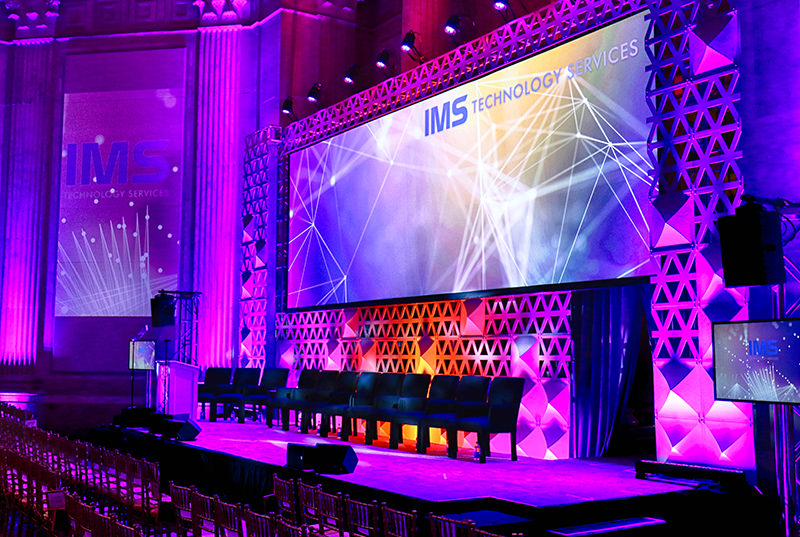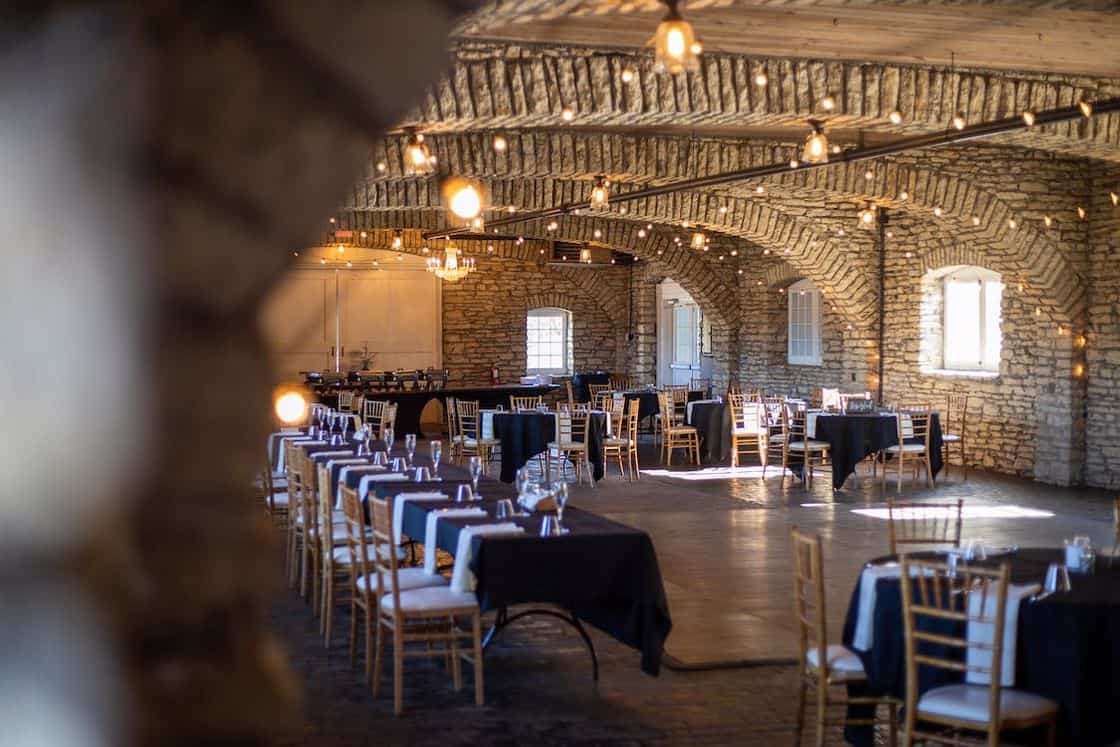Understanding Exactly How Events Manufacturing Works: A Comprehensive Overview of the Process
The intricacies of event production demand a methodical method that incorporates numerous phases, each playing a critical role in the overall success of an event. Understanding the nuances of budgeting, source allocation, and on-site management is important for any professional in this field.
Initial Preparation and Principle Growth
Effective preliminary planning and idea development function as the foundation for effective occasions production. This phase entails defining the event's purpose, target audience, and wanted end results. A clear vision is vital; it guides all subsequent decisions and aids straighten the group's efforts toward an usual objective.
Throughout this stage, conceptualizing sessions can be very useful. Involving stakeholders, including clients, enrollers, and prospective guests, promotes a collaborative setting that creates ingenious ideas. In addition, complete marketing research must be carried out to understand fads, choices, and potential obstacles.
When the concept is developed, it is important to produce a thorough event synopsis. This synopsis must include the occasion's style, format, and vital activities. Developing a timeline is similarly important, as it assists to take care of target dates and tasks efficiently.
Budgeting and Resource Allowance
With a solid idea in location, interest should turn to budgeting and source allowance, which are essential parts in executing the event successfully. A well-defined budget serves as a roadmap, outlining all expected expenses and offered resources - Event Productions.
Resource allotment involves assigning both economic and human sources to various tasks and components of the event. Prioritization is key; vital aspects need to receive adequate financing while much less important elements may require a more traditional approach. Contingency preparation is critical-- designating a part of the budget for unanticipated expenditures can minimize monetary risks.
On top of that, efficient communication amongst team members pertaining to spending plan restraints promotes cooperation and advancement. This promotes the liable use of sources and motivates creative services to stay within budget plan. Eventually, a calculated method to budgeting and resource appropriation lays the foundation for a successful occasion, making it possible for coordinators to focus on providing a memorable experience for participants while preserving financial integrity.
Logistics and Control
Navigating the intricacies of logistics and coordination is necessary for the seamless implementation of any type of occasion. This phase includes thorough planning and organization to make certain that all components operate in harmony. Crucial element include location option, transportation plans, and the organizing of various activities.
This includes comprehending the design, gain access to factors, and offered sources. Collaborating these aspects needs partnership with vendors, providers, and transportation solutions to ensure timely deliveries and pick-ups.
An additional critical Get More Information facet is the growth of a thorough timeline that lays out all logistical components leading up to the occasion. This timeline here functions as a roadmap, outlining key milestones and target dates for jobs such as devices configuration, catering solutions, and audiovisual installments. Routine communication with all stakeholders is vital to resolve any kind of prospective issues proactively.
Implementation and On-Site Monitoring
Successful implementation and on-site management are critical for changing careful plans right into truth during an occasion. This stage entails the smooth coordination of numerous aspects, guaranteeing that every information lines up with the established vision. On-site supervisors play a crucial function, acting as the main point of interaction among suppliers, staff, and stakeholders. Their capacity to make real-time decisions can dramatically affect the event's success.
A distinct schedule is essential, functioning as a roadmap for all tasks. Event supervisors have to guarantee that arrangement occurs in a timely manner, adhering to timelines for audio checks, catering shipments, and visitor arrivals. Effective analytical abilities are additionally important; unforeseen obstacles can arise, calling for quick reasoning and flexibility to maintain the event's flow.
This level of engagement not only enhances the total experience yet likewise shows the expertise of the occasion team. Ultimately, successful implementation and on-site monitoring joint on comprehensive preparation, efficient communication, and a dedication to providing an outstanding event for all involved.

Post-Event Analysis and Comments
The end result of any occasion exists not only in its execution yet also in the extensive evaluation that follows. Post-event analysis is important for establishing the overall success of the event and determining locations for renovation. This process usually includes celebration feedback find from various stakeholders, including guests, suppliers, and group participants, to gain an extensive point of view on their experiences.
To structure the analysis, occasion organizers often utilize interviews and surveys, focusing on crucial efficiency signs such as participant complete satisfaction, logistical effectiveness, and budget plan adherence. Evaluating this data enables coordinators to examine whether the event satisfied its goals and to recognize the strengths and weak points of the execution.
In addition, assembling an in-depth report summing up the searchings for is vital for future referral. This paperwork not just works as a beneficial resource for preparing subsequent occasions however additionally cultivates a culture of continuous enhancement within the organization. By systematically attending to comments and carrying out modifications, event professionals can boost their approaches, eventually resulting in more effective and impactful events. Finally, post-event analysis is a vital action in the event manufacturing procedure that makes sure ongoing development and excellence in future endeavors.
Final Thought

The intricacies of event manufacturing demand a systematic technique that incorporates multiple stages, each playing a critical role in the general success of an event.With a strong idea in location, interest needs to turn to budgeting and source allotment, which are essential components in carrying out the occasion successfully.Resource allowance entails assigning both human and monetary sources to various tasks and elements of the occasion. Ultimately, a calculated strategy to budgeting and source allocation lays the groundwork for a successful event, making it possible for organizers to concentrate on providing an unforgettable experience for participants while keeping financial integrity.
